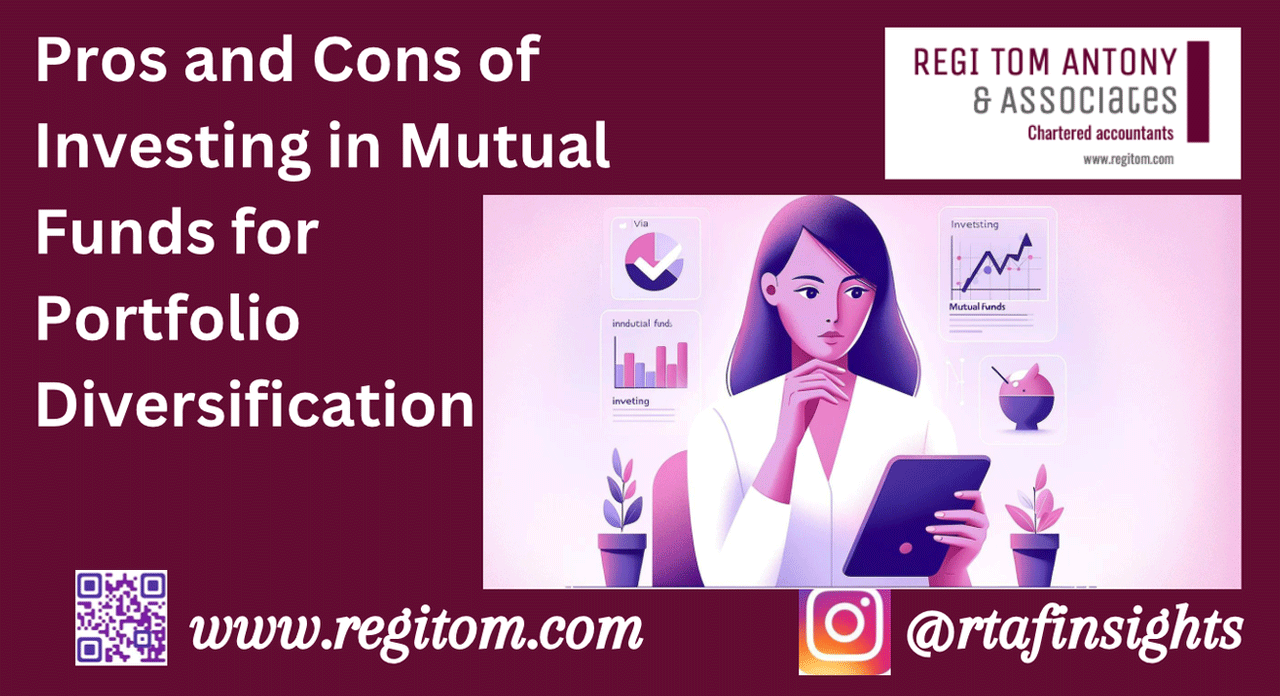
Investing in mutual funds has become a cornerstone strategy for individuals seeking to diversify their investment portfolios. Drawing insights from a query by a couple in the IT sector, it becomes evident that transitioning from traditional, safe investment options such as Public Provident Fund (PPF), Employee Provident Fund (EPF), and bank fixed deposits to mutual funds requires a careful assessment of one’s financial goals, risk appetite, and time horizon. Let’s dissect the advantages and challenges of venturing into mutual funds, especially in the context of long-term financial planning for retirement and education.
Advantages of Mutual Funds
Professional Management
One of the salient features of mutual funds is that they are managed by seasoned fund managers. This expertise ensures that your investment is in knowledgeable hands, with decisions based on thorough market analysis and research.
Diversification
Mutual funds invest across many sectors and companies, spreading the risk. This diversification is beneficial, particularly for investors with a lower risk appetite, as it mitigates the impact of poor performance in any single investment. You also have an opportunity to participate in India Growth Story.
Higher Return Potential
Over the long term, mutual funds, especially those that are equity-oriented, have the potential to offer higher returns compared to traditional investment avenues. For instance, investing a set amount monthly in equity mutual funds could significantly outstrip the returns from a PPF over a 14-year period, illustrating the power of compounding and market growth.
Flexibility
Mutual funds offer the flexibility to choose from a wide range of schemes based on one’s risk tolerance, financial goals, and investment horizon. Additionally, features like systematic investment plans (SIPs) allow for disciplined and regular investing, which is conducive to long-term wealth accumulation.
Challenges of Mutual Funds
Market Risk
Investments in mutual funds, particularly equity mutual funds, are subject to market risks. The stock market can be volatile, and while the long-term trend might be upward, short-term fluctuations can affect fund values.
Requires Patience and Time
The potential for higher returns in mutual funds is closely tied to being invested over a longer period. This requires patience and a commitment to stay invested, even during market downturns, which might be challenging for some investors.
Costs and Fees
Mutual funds come with various costs, including management fees and exit loads, which can eat into the investment returns. It’s crucial to understand these fees before investing.
Overwhelming Choices
The vast array of mutual fund schemes available can be overwhelming for investors. Making informed choices requires research and, at times, guidance from an experienced Chartered Accountant.
Conclusion
For individuals like the couple in the IT sector, mutual funds offer a viable route to diversify their investment portfolio while aiming for higher long-term returns. The key is to align investments with financial goals, risk tolerance, and investment horizon. Considering both the pros and cons, mutual funds can be an effective tool for achieving diverse financial objectives, from funding a child’s education to securing a comfortable retirement. Consulting with an experienced Chartered Accountant can provide tailored advice, ensuring that one’s investment strategy is well-aligned with one's long-term goals and risk profile.
 5 May 2024
5 May 2024